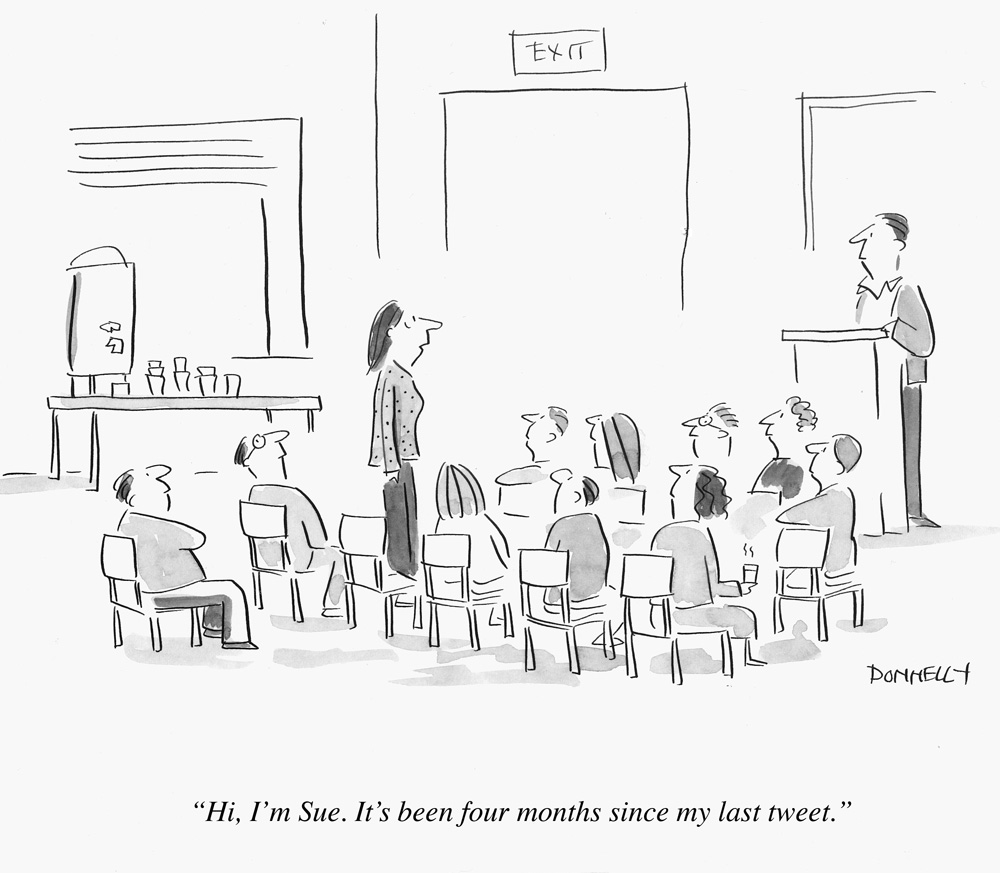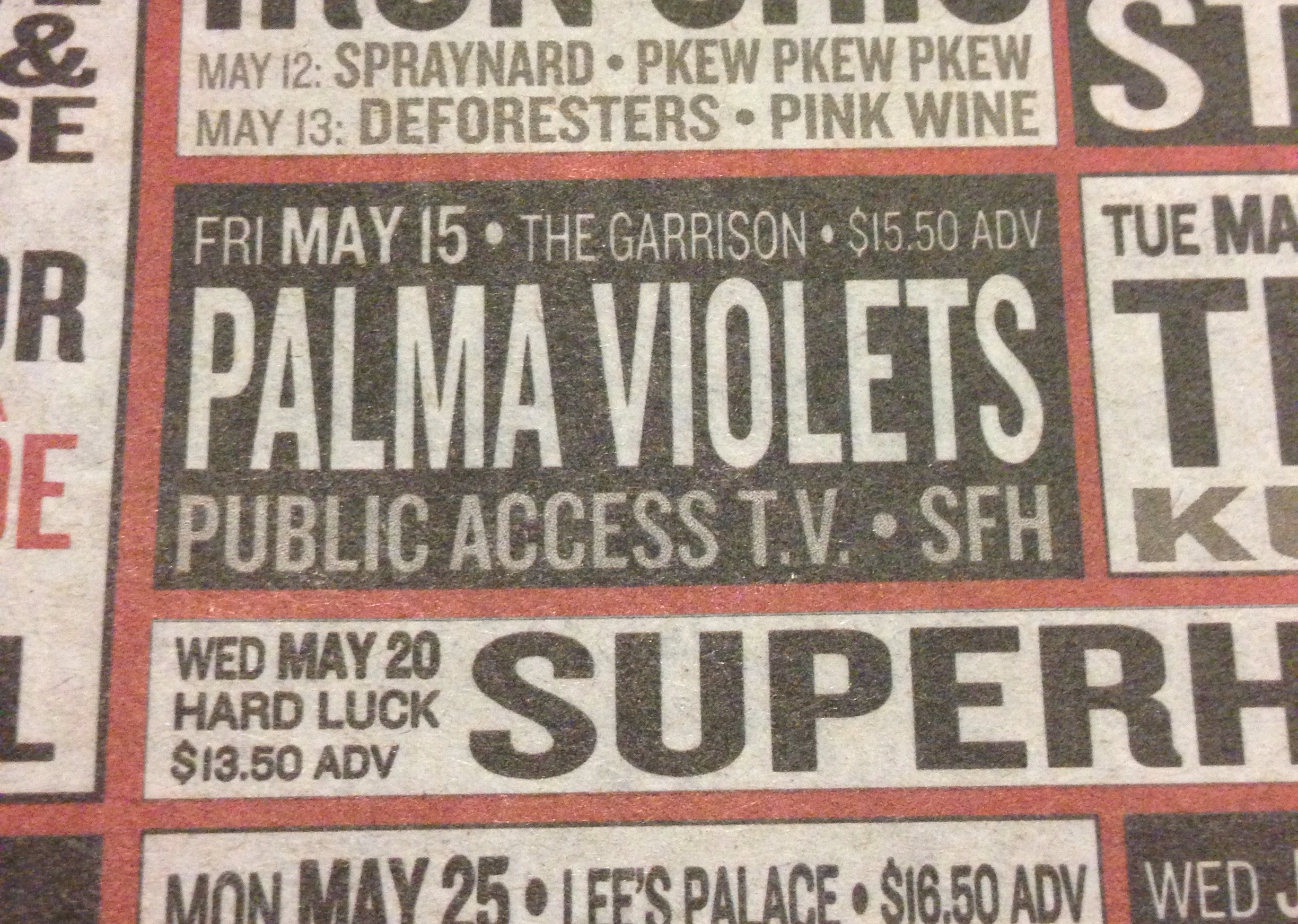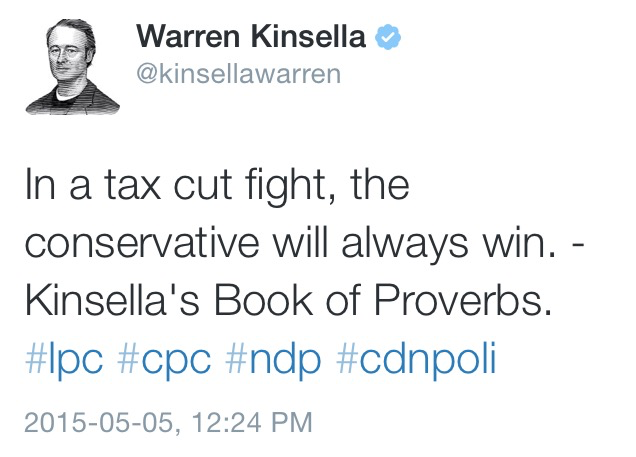Is Sweden fair to Canadians?
Not based on the evidence in this case, they’re not.
Full disclosure: former Maple Leaf Andre Derveaux is a friend and a client. This morning, we helped him at a press conference about what has happened to him over the past few weeks.
Andre was playing in the Swedish league in the playoffs. This what Per Helmersson did to him.
Here’s what happened next:
- Andre suffered a serious brain injury.
- Helmersson didn’t get a penalty. The game went on, but Andre was carried off the ice.
- Andre’s team, and the league, did nothing for him.
- In warm-ups at the next game – a game Andre shouldn’t have tried to play in, but his team pushed him to play in – Helmersson and some of his teammates informed Andre that he was going to be carried off the ice in a stretcher. Andre spoke to coaching staff on his team, then hit Helmersson on his skate.
- Helmersson wasn’t injured. In fact, he went jogging afterwards.
- Andre, however, was suspended for a year. He was threatened by the league and Swedish authorities. And the Swedish media have demonized him as a pariah.
- Back home, his doctors have told him he will likely never play again. And, over in Sweden, one doctor said that Andre has clearly been seriously injured – and that Swedes should be “ashamed” for how they have dealt with this Canadian.
From where I sit, Andre Deveaux – whose career is likely over – is being destroyed for being, you know, Canadian. While the Swedish thug who attacked him gets away with it.
That sound fair to you?
The sad irony is that I posted Josh Whedon’s observation about Twitter on Twitter
To wit:
I don’t think the issue is Twitter, per se. Twitter, to me, is the global water cooler – and also the new global news service. It is far, far more valuable than Facebook or some other social media platform.
The issue is one all of us observed when we all got our first Blackberries, or our first smartphones: the addictive nature of those little bits of data pinging onto our device. There have been myriad studies about it, suggesting that our tendency to constantly check our devices actually stimulates the release of dopamine in our brains:
“…before long, people were referring to their BlackBerries as CrackBerries, and parents were beginning to worry about the number of hours their kids spent on video games. We now believe that the compulsion to continually check email, stock prices, and sporting scores on smartphones is driven in some cases by dopamine releases that occur in anticipation of receiving good news. Indeed, we have grown so addicted to our smartphones that we now experience “phantom smartphone buzzing,” which tricks our brains into thinking our phone is vibrating when it isn’t.”
I have been in bands with guys who check their devices between songs onstage. I have been in campaign meetings where the device-checking got so bad, the campaign manager had to confiscate people’s devices. And, of course, all of us see people checking their devices when they drive, every single day.
The social media platform isn’t the problem – and nor is the problem the type of device we have. The problem, as Whedon suggests, is us: our brains are wired in such a way that we are addicted to precisely the sort of stimulation our devices provide.
Anyway, I doubt some of you have gotten this far in my little exegesis. I’ve wildly exceeded my 140 character limit!
SFH! Palma Violets! PATV!
C-51: we criminalized the promotion of hatred
…and all three federal political parties supported that, and rightly so.
Anyone who doesn’t get that is recklessly blind, or egregiously partisan, or both.
Albertastan? A morgue?
So sayeth Peter MacKay:
Just a hunch, but I’m betting some folks at Justice are looking at the little blinking light on their phone, right about now, and wondering if it’s someone from PMO.
It is.
Alberta aftermath alliteration
#abvote alliterative why: bogus budget; caca campaign; diverse demographic; economic exigency; lousy leader; debate debacle; change chosen.
— Warren Kinsella (@kinsellawarren) May 6, 2015
Math is difficult: Stephen and Justin should be concerned
But mainly Justin.
The party of Peter Lougheed in third place: never thought I’d live to see that. Although some of us were rash enough to predict it.
(Oh, and all my Calgary high school teachers who called me a socialist? Suck it.)

Somewhere, Alison Redford and Danielle Smith are laughing.
Their tax cut will always be bigger than our tax cut
In this week’s Hill Times: “really great people”
It was Summer, around 4 a.m.: Dr. John Booth, a veterinarian, awoke from his sleep with a start. A man dressed in black was standing over him, pointing a gun at his head.
“What’s your name?” the man in black yelled. “Who else is in the house?”
Booth’s wife, Hannah, had been sleeping in another room with their six-month-old son, Finn. Three other men in black were inside the West-end house, also waving around guns. Hannah was jarred awake, terrified, and Finn started to cry. The men in black wouldn’t identify themselves, and they weren’t wearing badges, but it was apparent that they might be police. As he was handcuffed – to be hauled outside his home in his pajamas, and forced to sit on the curb – John Booth demanded to see a warrant.
The men in black said they had an arrest warrant, and a search warrant, but that was a lie. They didn’t have a warrant. In fact, they had the wrong house. They were looking for a G20 protestor named “Peter,” not John Booth.
Another Summer, and two years before the Booths’ home was broken into by police officers dressed in black, Desmond Cole and two friends were stopped in Toronto’s downtown, not far from his apartment. Cole – who is a writer who happens to be black – had been stopped dozens of times before by Toronto police, to be “carded.” Carding is a practice wherein police stop civilians and demand information that later gets entered into a database.
The Toronto Police Service’s “contact card” requires an officer to report on a person’s colour before even taking note of things like their address, telephone number or driver’s licence. Toronto’s black population is just over eight per cent – but blacks are carded by the city’s police force just under 30 per cent of the time.
In a Toronto Life magazine piece Cole later did, he writes evocatively about that night in 2008. As they detained Cole and his friends, the police ran the siren on their cruiser. They then demanded to know what Cole was doing. “Walking,” he said. The ordered the trio to produce identification, and then got on their radio to request backup. A police superintendant quickly arrived and required the trio to empty their pockets. He body searched Cole first.
Cole recalls the senior officer saying: “I want you to tell me if I’m going to find anything you shouldn’t have,” he said gravely. “I don’t have anything,” I replied, my legs trembling so violently I thought they’d give out from under me. The officer patted down my pockets, my pant legs, my jacket, my underarms.”
After about an hour, the police finally addressed Cole and his friends. “You can go,” one said.
Full disclosure, as they say: I know John Booth’s wife, Hannah. She, like her husband, is a veterinarian, and I met her – and her son Finn – when I was helping her get on the board of the Toronto Humane Society. She’s a nice person. Similarly, I know Desmond Cole, too: we both used to appear on TV talk shows as pundits, and we would talk a lot before we would go on. He, too, is a nice person.
Notwithstanding the fact that I know both of them, I felt it was important to relate to you what happened to them at the hands of Toronto Police. I felt it was important because those of you who don’t live in Toronto perhaps don’t know what it was like here during the G20 – when the police force essentially went mad, and when they seemed intent on turning this city into Guantanamo by the Lake. Those of you who don’t live in Toronto perhaps don’t know what it is like to be a black man here, either, when you are much more likely to be stopped by Toronto police. On suspicion of being, you know, black.
I don’t know the names of the cops who illegally broke into the Booth home and pointed guns at them. I don’t know the names of the cops who have stopped Desmond Cole at least a dozen times in Toronto and illegally demanded information.
I do know, however, who their boss was, at all relevant times: it was Bill Blair.
Yes, that Bill Blair. The same one who announced his intention to run for the Liberal Party of Canada in a Toronto-area riding, mere days after he left his post as Chief of Police. The same Bill Blair who appeared at event with Liberal leader Justin Trudeau in Ottawa. With a straight face, Trudeau said that Blair would have to fight for the Liberal nomination in Scarborough-Southwest – and, almost simultaneously, admitted that his advisers had approached Blair to run.
Asked about the mass arrests at the G20, and the widespread abuse of civil rights that happened there, Trudeau shrugged. “I’m not going to Monday morning quarterback decisions made five years ago by the chief of police,” he said, as Blair beamed at his side. It’s unclear if anyone asked Trudeau about Blair’s enthusiasm for carding blacks, a practice he repeatedly and aggressively defended when he was Chief of Police.
Instead, Trudeau merely said: “One of the things you’ve all seen from me over the past two years is that I have dedicated myself to trying to draw great people into politics.”
Really? Seriously?
If Justin Trudeau really wanted to draw “great people into politics,” he’d be recruiting people like John and Hannah Booth, or Desmond Cole.
Not the thug who victimized them.




